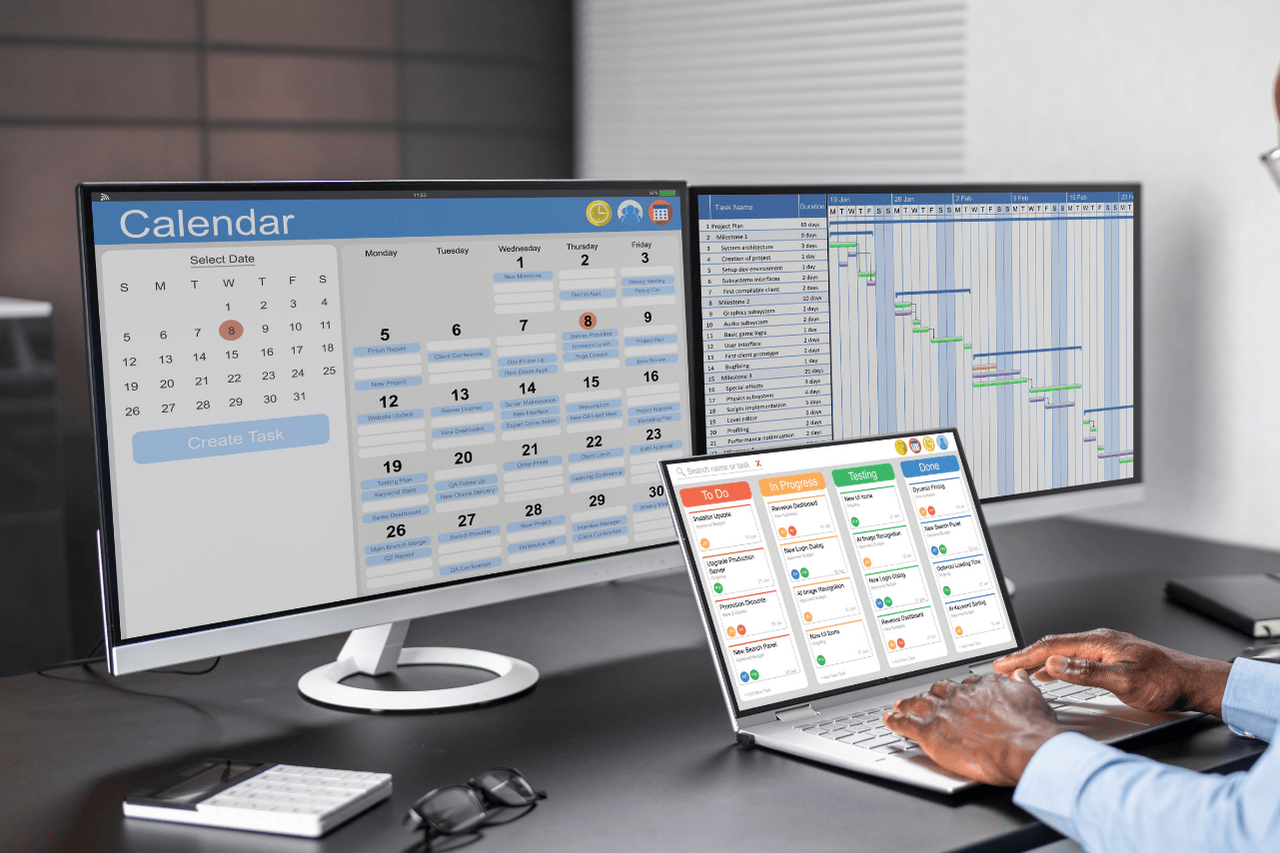Time is a precious commodity; once lost, it can never be regained. Most importantly, time is money. Just like money, time needs to be managed properly to maximise its value; however, time management is a common issue today.
Many people struggle with time management, feeling like 24 hours isn’t enough to complete their endless tasks. This common challenge leaves individuals overwhelmed. When time isn’t planned well, people often rush through the day, trying to catch up but never feeling like they have accomplished what they needed to do.
What is needed is a solid approach to managing time. Effective time management can lead to a significant increase in productivity. It helps individuals stay organised, and accomplish more in less time. It allows them to focus on the most important tasks rather than feeling overwhelmed by everything on their plate.
In this article, we will explore six common time management mistakes that could be killing productivity and how to avoid them.
Failing to Prioritise
When individuals fail to prioritise their tasks, they often waste time on non-critical activities. This can lead to a last-minute scramble to meet critical deadlines for tasks, resulting in feelings of overwhelm and stress as they struggle to make meaningful progress.
Over time, this can affect performance, hinder goals and damage one’s reputation as someone who cannot manage time effectively.
Prioritisation is key to ensuring that time and energy are spent on tasks with the greatest impact, rather than wasting effort on things that can wait. A helpful tool for prioritising tasks is the Eisenhower Matrix, which divides tasks into four quadrants based on urgency and importance.
Procrastination
Michael Hyatt once said, “Procrastination is the enemy of progress,” and this is undeniably true.
Procrastination is not just a roadblock to achievement; it also drains valuable time and energy. It could even be described as the root of wasted time. Every moment spent avoiding a task is a moment lost that could have been used productively.
When individuals procrastinate, they trade moments of potential productivity for distractions that add little value, creating a cycle of delay that leaves them stressed and unprepared. The more they put things off, the harder it becomes to regain momentum, turning small tasks that could have been completed earlier into significant hurdles.
Multitasking Poorly
Multitasking itself isn’t inherently bad; in fact, it is often hailed as a powerful time management technique. The problem arises when individuals multitask poorly. Instead of increasing productivity, trying to tackle too many things at once can lead to mistakes, missed details, and lower-quality work.
Studies show that the brain struggles to focus on multiple tasks at once, leading to rapid switching between them, which actually wastes time. In the end, poor multitasking can make individuals feel busy without accomplishing much, leaving them questioning where the time went. It’s not about doing many things at once but doing them effectively.
Unrealistic Deadlines
Many individuals often set unrealistic deadlines for their tasks or projects. They establish ambitious goals, believing they can power through tasks faster than is realistically possible. The issue is that these timelines are, quite simply, unattainable.
Believing in oneself is important, but overestimating one’s capabilities can lead to discouragement. When they set deadlines that are too ambitious, they often fail to meet them, resulting in frustration and a lack of confidence.
It is crucial to set realistic deadlines that allow for quality work. In the long run, realistic deadlines lead to consistent progress and less frustration. It’s okay to take your time and still reach the finish line!
Not Setting a Deadline on Tasks
Now we arrive at the counterpart of the previous point: not setting deadlines for tasks. While it’s important not to overwhelm oneself or one’s team, failing to set deadlines can lead to lack of accountability.
Without a clear deadline, tasks tend to drag on indefinitely, leaving individuals or teams in a constant state of limbo. Progress slows, and before long, deadlines for other projects start piling up.
This lack of urgency often results in last-minute scrambles, and lower-quality work. Setting deadlines creates structure, encourages focus, and ensures steady progress.
Failing to Take Breaks
A common trend is that highly productive individuals take pride in not taking breaks and working long hours. However, not taking breaks can actually harm productivity in the long run. Pushing oneself too hard without rest can lead to a decline in health.
Studies have shown that regular breaks help refresh the mind and improve productivity. While it may seem counterintuitive, stepping away for a few moments can provide the energy and clarity needed to perform at one’s best. Thus, taking breaks isn’t a sign of weakness—it’s a smart strategy for sustainable productivity.
Take Time to Reflect on These Points
The bottom line is that many individuals need to pause and honestly ask themselves: Am I managing my time effectively and being productive?
Productivity isn’t about cramming as much as possible into a day; it’s about working smarter, not harder. To achieve this, one must learn proper time management.
With every new day comes endless possibilities. Manage your time effectively today, and you’ll accomplish more.


